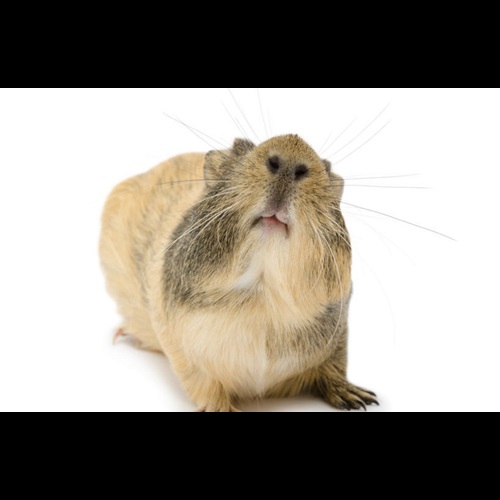An Update About RHDV and How to Keep Your Rabbit Safe
Kaytee is dedicated to providing the best products and advice to pet owners, so we wanted to share some information and tips to help you and your rabbits avoid the recent outbreak of Rabbit Hemorrhagic Disease Virus (RHDV).
About RHDV and Symptoms
RHDV is a highly contagious disease that affects both pet and wild rabbits and can transmitted from one to the other, so it’s important to not expose your pet to rabbits from outside of your home. If you fear your rabbit might be infected, please contact your veterinarian right away. They symptoms to look for include:
- Lethargy/loss of energy
- High fever
- Loss of appetite
- Difficulty breathing
- Bleeding from mouth, nose or rectum
Symptoms appear quickly (1 – 10 days) and death can be sudden. This disease generally affects rabbits over eight weeks of age. At this time the current outbreak is being seen in several states in the southwest portion of the US - predominately in New Mexico, but also in Arizona, Texas and most recently in Colorado, Nevada and California. The disease, while causing high mortality in rabbits cannot be spread to humans or other non-rodent pets.
Prevention and How to Keep Your Rabbit Safe
Food, bedding and water could theoretically be a source of the virus if it is contaminated with viral particles coming from infected rabbit droppings, tissue or potentially from flies that could mechanically carry the virus from a contamination source to your rabbit’s environment. For this reason, you may want to consider avoiding food items that are sourced from the areas where wild rabbits have been found to be infected (see above).
At Kaytee, we take ultimate precautions to ensure our food is safe for your pets. Although transmission from food to the pet could occur, it’s highly unlikely. Regardless we follow and adhere to Safe Quality Food manufacturing practices, and are SQF certified 2, which is the same standard used for human food manufacturing. Kaytee Timothy Hay is not grown from regions with known cases.
To help prevent the virus from affecting your pet, please take the following precautions:
Proper care and hygiene are strongly recommended.
- Keep your pets away from other rabbits, both wild and other peoples’ pet rabbits.
- Limit your rabbit’s outdoor activity if you are in one of the affected states
- Wash your hands before and after spending time with your pets.
- Consider sanitizing cages a minimum of once weekly – wash first with soap and water and then sanitize with a diluted bleach solution (1-part household bleach to 10 parts water).Be sure to remove your rabbit from the area and then thoroughly dry before returning to the cage.
Unfortunately, there are currently no approved vaccines in the United States, so prevention is paramount. We’re here to help you navigate all your pets’ needs, so please let us know how we can help you and your furry friends, now and always.
May 15, 2020








